The Godfather speaks: Marlon Brando in his own words
13 January 2017
Carefully curated and edited together from the actor's audio recordings and home movies, Listen to Me Marlon tells Marlon Brando's extraordinary life story in his own voice. We've picked 10 key quotes accompanied by a selection of photographs used in the documentary, which is broadcast on BBC Two on 14 January.
All images © 2014 Passion Pictures (Films) Limited. All rights reserved.
On his sex appeal
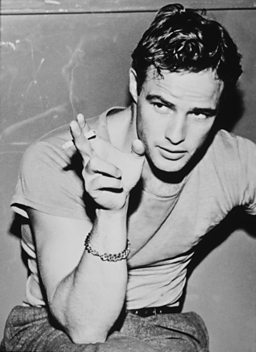
“When I was younger I was a very attractive kid, I had a lot of derring-do and panache... I was unpredictable and stimulating for a lot of young girls. I was young and destined to spread my seed far and wide.”
Brando was married three times, had many romantic relationships and fathered 16 children, some of whom he adopted.
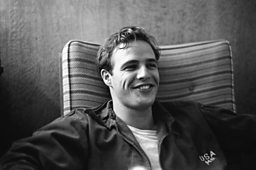
On his childhood
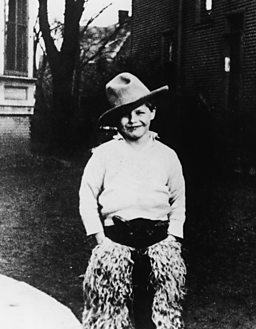
“When what you are as a child is unwanted, it’s unwelcome, then you look for an identity that will be acceptable. So I had a wide variety of performances in me.”
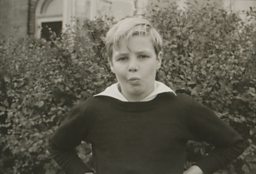
On his father
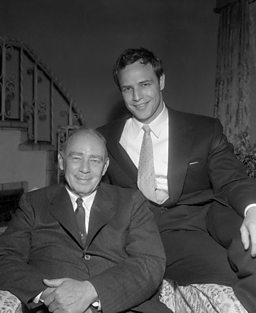
“My old man was tough. He was a bar fighter, he was a man with not much love in him... He used to slap me around and for no good reason… I was truly intimidated by him at that time.”
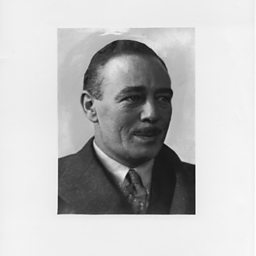
On the emotional toll of acting
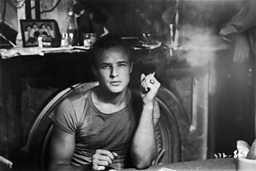
“When things are extremely painful to you, you don’t want them in your consciousness... you want to forget about them. You can imagine having to go some place every night and go through all that, get yourself upset... To have to cry or to scream or be ruined in some way? That’s work. That’s hard work.”
In reference to playing the brutish character of Stanley Kowalski in A Streetcar Named Desire night after night on stage.
On personal tragedy
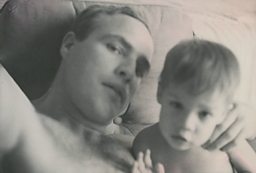
"Misery has come to my house"
Speaking to reporters at his Los Angeles home in 1990 after his first-born son, Christian, then aged 32, had shot and killed the boyfriend of his half-sister, Cheyenne, then aged 20. Five years later Cheyenne took her own life.
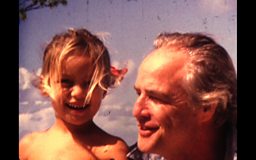
On acting
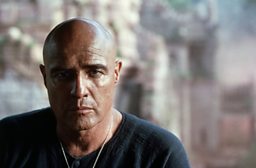
“Knock them over with an attitude, with a word, with a look. Be surprising. Figure out a way to do it like it’s never been done before. You want to stop that movement of the popcorn to the mouth, get people to stop chewing. The truth will do that.”
On The Wild One
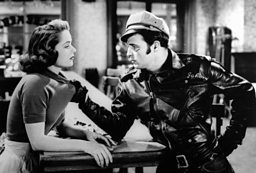
“It was pre-60s, people were looking for rebellion and I happened to be at the right place at the right time in the right state of mind. In the sense it was my own story: rebelling for the sake of rebelling.”
On fear of failure
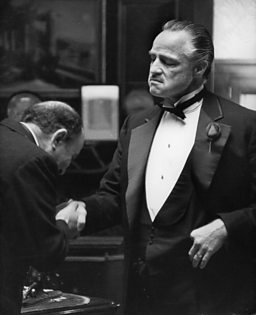
“The greatest fear an actor has is fear. How are you going to be judged? I don’t wanna get caught trying. I don’t wanna get caught being afraid that my story, my pretending, my lie is gonna be disbelieved. That’s gonna steal your performance away.”
Anticipating his role in The Godfather, which came after the many years Brando was considered box office poison. It was later widely recognised as the greatest comeback in Hollywood history.
On self-esteem
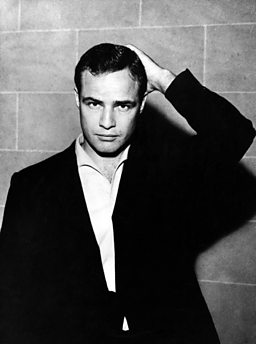
“The neurotic individual’s entire self-esteem shrinks to nothing if he does not receive admiration. To be admired and to be respected is a protection against helplessness and against insignificance.”
On social injustice
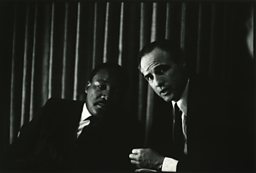
“I’m motivated by things that occur that are unjust... I’ve always hated people trampling on other people... I’m not standing up for the black race, I’m standing up for the human race. All men are created equal.”
Brando was a lifelong activist and became involved in the 1960s Civil Rights Movement. He was present at the March on Washington of 1963 which culminated in Martin Luther King Jr.'s seminal "I have a dream" speech in 1963.
About the film
Stevan Riley's award-winning documentary Listen to Me Marlon uses hundreds of hours of Marlon Brando's own archival audio tapes and home movie footage, combined with excerpts from his extraordinary performances to create an exceptionally emotive and vivid portrayal of a man and actor who was by turns tremendously talented, tenacious and tormented.
imagine... Listen to Me Marlon is on Saturday 14 January 2017 at 9pm on BBC Two, followed by On the Waterfront at 10:40pm.
More on Brando
-
![]()
The day I woke up Marlon Brando
How a chance phone call led to a bizarre conversation.
Related Links
More from BBC Arts
-
![]()
Picasso’s ex-factor
Who are the six women who shaped his life and work?
-
![]()
Quiz: Picasso or pixel?
Can you separate the AI fakes from genuine paintings by Pablo Picasso?
-
![]()
Frida: Fiery, fierce and passionate
The extraordinary life of Mexican artist Frida Kahlo, in her own words
-
![]()
Proms 2023: The best bits
From Yuja Wang to Northern Soul, handpicked stand-out moments from this year's Proms









